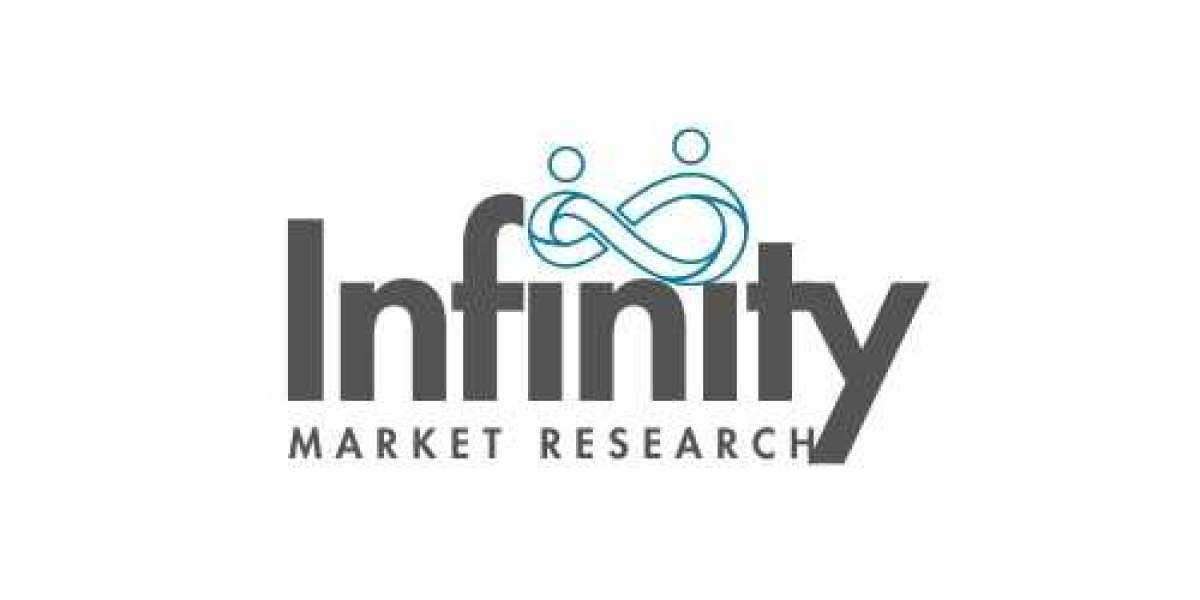Neuropsychiatric Disorders and Treatment: Innovation and Access in Focus
The landscape of neuropsychiatric disorders and their treatment is marked by significant advancements in understanding the underlying neurobiology and a growing emphasis on improving access to care. Recent news highlights the increasing integration of artificial intelligence (AI) and machine learning for enhanced diagnosis and personalized treatment strategies for conditions ranging from depression and anxiety to schizophrenia and autism.
AI and Machine Learning Promise Diagnostic Breakthroughs: Researchers are increasingly leveraging AI algorithms to analyze complex, multimodal data, including neuroimaging, genetic information, and clinical data, to identify novel biomarkers and improve the accuracy and speed of diagnosing neuropsychiatric disorders. News reports showcase the potential of AI in predicting disease onset, progression, and individual responses to therapy, paving the way for more tailored interventions.
Novel Therapeutic Approaches Emerge: Beyond traditional pharmacotherapies, innovative treatment modalities are gaining traction. Recent news features promising research into neuromodulation techniques like transcranial photobiomodulation (PBM), which uses near-infrared light to stimulate specific brain regions and has shown potential in treating treatment-resistant depression and anxiety. Transcranial focused ultrasound is also being explored as a non-invasive treatment option for various neuropsychiatric conditions.
Focus on Early Intervention in Developmental Disorders: Recognizing the critical windows of brain development in adolescence, researchers are intensifying efforts to identify early intervention targets for neuropsychiatric illnesses like schizophrenia and autism. News highlights studies focusing on strengthening neural circuits during these malleable periods to potentially alter the course of these disorders and mitigate long-term symptoms.
Addressing the Treatment Gap and Improving Access: A significant concern remains the substantial treatment gap for neuropsychiatric disorders globally, particularly in low- and middle-income countries. Recent reports from the World Health Organization (WHO) emphasize the urgent need for better access to essential medicines and integrated care pathways for neurological and psychiatric conditions. Initiatives focusing on strengthening healthcare infrastructure and training healthcare professionals in these regions are gaining prominence in the news.
Understanding the Neurobiology of Disorders: Advances in genome research and neuroimaging continue to provide deeper insights into the hereditary and acquired factors contributing to neuropsychiatric disorders. News highlights studies identifying thousands of novel enhancers linked to neuronal differentiation and these disorders, offering potential new drug targets. Research into brain energy metabolism dysfunction and altered pH levels as transdiagnostic endophenotypes is also providing a more unified understanding of these complex conditions.
Personalized Treatment Strategies Gain Momentum: The move towards personalized medicine is increasingly influencing the treatment of neuropsychiatric disorders. News reports feature research utilizing AI and machine learning to tailor treatments based on individual genetic, clinical, and environmental factors. This approach aims to optimize therapeutic outcomes and minimize adverse effects.
Non-Pharmacological Interventions Play a Crucial Role: Alongside medication, non-pharmacological interventions such as psychosocial therapies, exercise programs, environmental modifications, and even art and music therapy are recognized for their significant role in managing neuropsychiatric symptoms and improving patient well-being. News often highlights the importance of a holistic treatment approach that integrates both pharmacological and non-pharmacological strategies.
Ethical Considerations in AI and Neurotechnology: As AI and neurotechnology become more integrated into the diagnosis and treatment of neuropsychiatric disorders, ethical considerations regarding data privacy, algorithmic bias, and the responsible use of these powerful tools are gaining increasing attention in the news. Discussions around establishing ethical guidelines and ensuring equitable access to these advancements are becoming more prominent.








